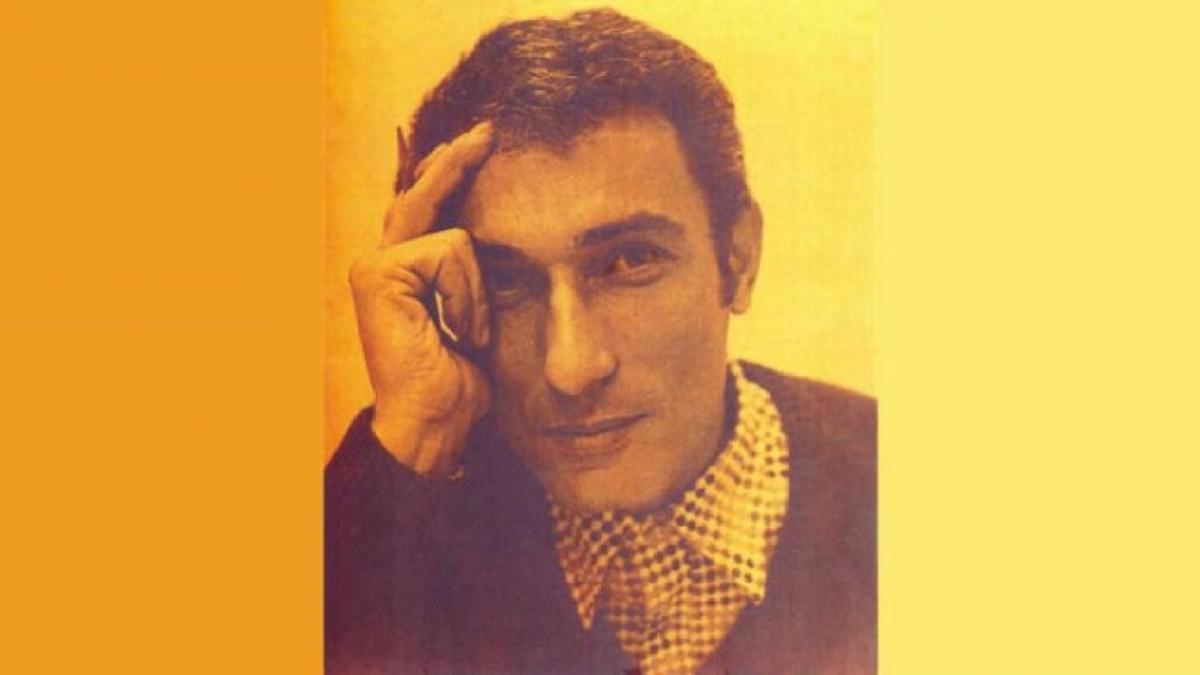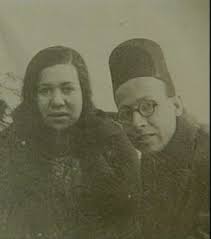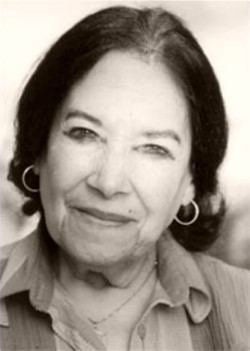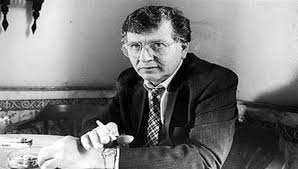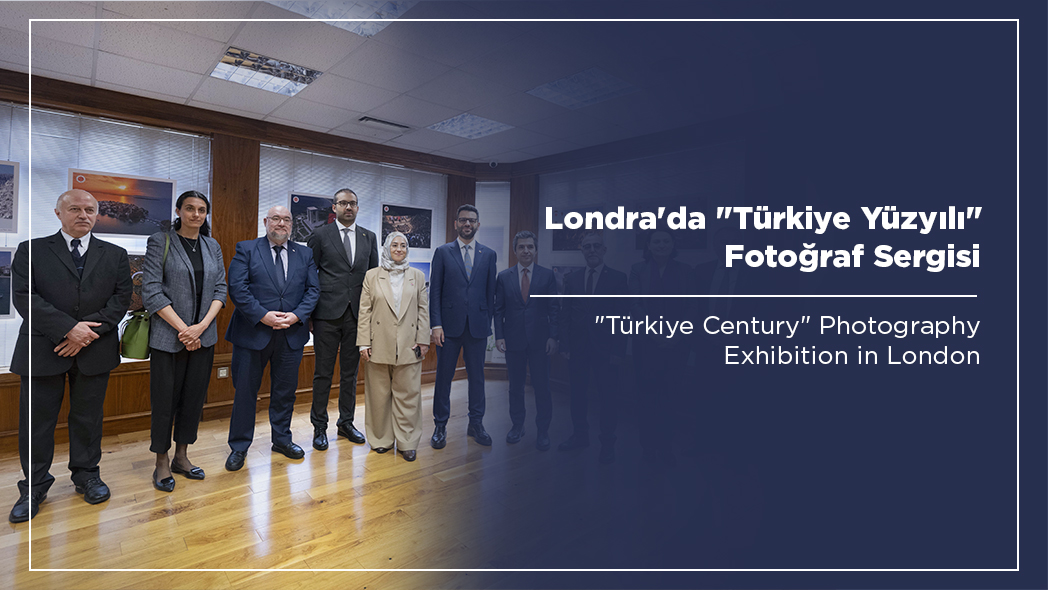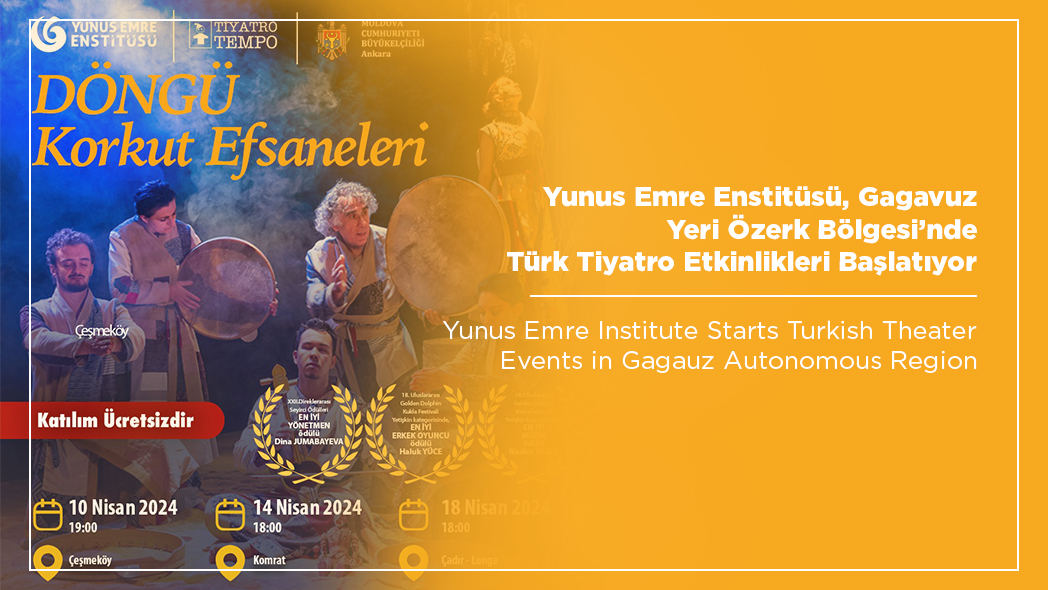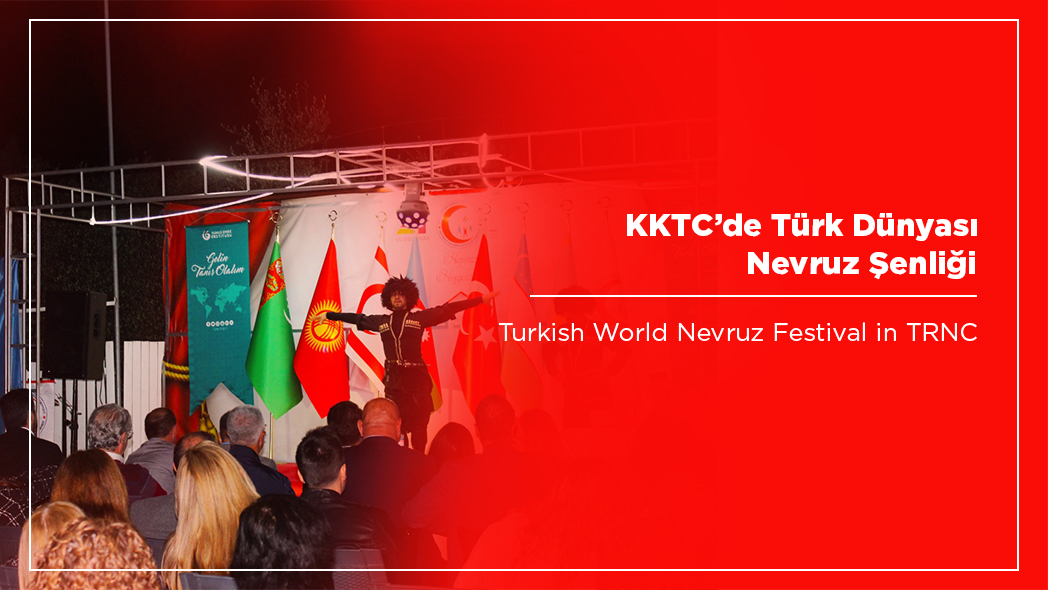Peren Birsaygılı Mut Talks about Her Book and of Palestinian Resistance Literature
Jerusalem Yunus Emre Turkish Cultural Center has had an enjoyable conversation with Writer Peren Birsaygılı Mut, who wrote a very important book on the Palestinian resistance literature. In the enjoyable conversation moderated by Reha Ermumcu, the director of Jerusalem Yunus Emre Turkish Cultural Center, Mut mentioned the idea and process of writing her book, "Zeytin Ağaçları Arasında: Filistin Edebiyatından Portreler" (Among Olive Trees; Portraits from Palestinian Literature), as well as little-known characteristics of the Palestinian resistance literature writers who were the subject of the book.
Jerusalem Yunus Emre Turkish Cultural Center has hosted Peren Birsaygılı Mut, the author of the book entitled "Zeytin Ağaçları Arasında:Filistin Edebiyatından Portreler" (Among the Olive Trees: Portraits from Palestinian Literature). In the enjoyable conversation held on Thursday, July 2, and moderated by Reha Ermumcu, the director of Jerusalem Yunus Emre Turkish Cultural Center, Peren Birsaygılı Mut explained the little known details of the emergence of her book and the authors of the Palestinian resistance literature, which is the subject of the book. Mut also talked about the development process of the documentary "Sürgündeki Sevda Filistin" (Love in Exile: Palestine)," broadcast on TRT Belgesel TV channel in 2016, which laid the foundations of her book. She also talked about the emergence of Palestinian resistance literature and its place in world literature.
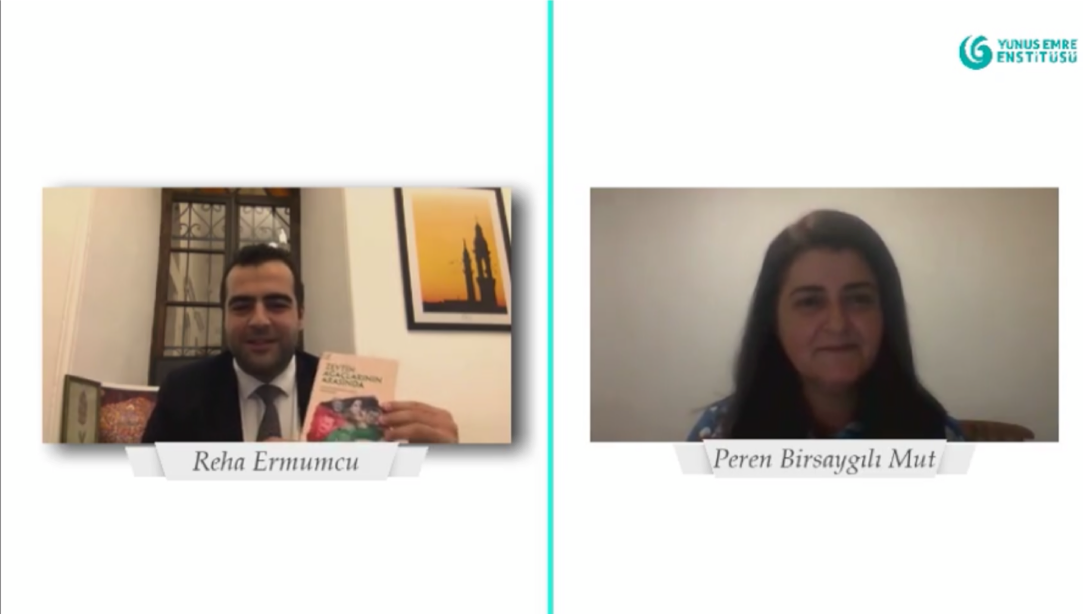 In response to Reha Ermumcu's question about how the idea for the book developed, Mut said that she had been interested in world literature since high school years and had read many writers from Russian, French, English, and Latin literature. Peren Birsaygılı Mut talked about her interest in world literature, the power of literature on imagination and the birth story of the book as follows:
In response to Reha Ermumcu's question about how the idea for the book developed, Mut said that she had been interested in world literature since high school years and had read many writers from Russian, French, English, and Latin literature. Peren Birsaygılı Mut talked about her interest in world literature, the power of literature on imagination and the birth story of the book as follows:
Peren Birsaygılı Mut: I realized that I had very little knowledge about Palestinian literature although Palestinian people and Palestine were so close to us. The fact that I had limited knowledge of the Palestinian literature although we were so close was the reason that I embarked on such an adventure. |
“Big writers not only impressed me literally, but they also took me to places I couldn't see. I had not been to Cairo, but I was walking around the back streets of Cairo through the writings of Naguib Mahfouz. Thanks to Chingiz Aitmatov, I learned the culture of Kyrgyz people, sat at their tables and saw their lives more closely. In fact, my quest for reading made me come to a realization. I realized that I had very little knowledge about Palestinian literature although Palestinian people and Palestine were so close to us. Palestine has a big place in the heart of that huge family with many members in the world. The ancient land of orange groves and olive trees. The fact that I had limited knowledge of the Palestinian literature although we were so close was the reason that I embarked on such an adventure. To know the people of a country, we must know its literature. Thus, we embarked on this route with a five-episode documentary. I started by writing the documentary texts… Then, I started to deepen the book a little bit. Finally, the book appeared after a work of 2.5-3 years.”
|
Gassan Khanafani |
Stating that the documentary about Palestinian resistance literature titled "Sürgündeki Sevda Filistin" (Love in Exile: Palestine) was broadcast on TRT Belgesel TV channel, Mut indicated that they tried to convey the life stories of give different writers/poets to the viewers.
“My name appears in this book, but it came out thanks to a wide range of support,” Mut said, thanking everyone who contributed to the book, including Mehmet Hakkı Suçin, who made translations from the writers/poets whose stories were told in the book, and late Palestine Consul General Abdalkarim Al-khatib.
Reha Ermumcu pointed out that works that come out through great efforts like Peren Birsaygılı Mut's book about the Palestinian literature are very rare in Turkish. Mut, on the other hand, stated that interest in the Palestinian literature was a little bit scant in Turkey and she wanted to arouse this interest a little by writing this book.
STARS OF THE PALESTINIAN RESISTANCE LITERATURE
|
|
Palestinian Cartoonist Naji al-Ali, Palestinian journalist, writer and activist Ghassan Kanafani, poet Mahmoud Darwish, writer and poet Fadwa Tuqan and Palestinian poet Samih al-Qasim are included in the book.
During the conversation, Peren Birsaygılı Mut also mentioned some of the Palestinian writers/poets in her book.
HANDALA STILL THE SYMBOL OF PALESTINIAN RESISTANCE
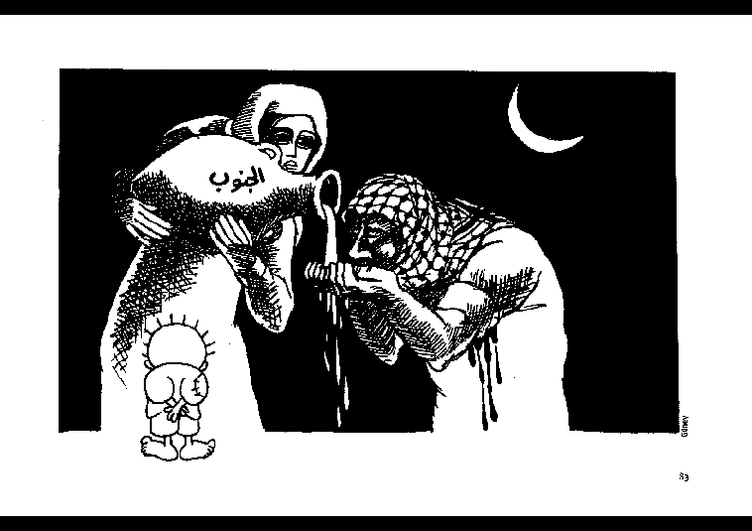 Peren Birsaygılı Mut said that Handala was one of the biggest symbols of the Palestinian Resistance, which Naji al-Ali always depicted as his back turned to the viewer as an expression of resentment because of being silent to what happened in Palestine. Reha Ermumcu drew attention to the caricatures of Naji al-Ali, who was assassinated in London at a young age, and pointed out that the caricatures are still very effective in the Arab world. Mut stated that the character of Handala, with only a stone and stick in his hand, is the symbol of resistance against the oppressor equipped with automatic weapons. Mut also drew attention to other characters depicted by Naji al-Ali, such as Fatma, Ez Zelem (The Good Man) and the villain.
Peren Birsaygılı Mut said that Handala was one of the biggest symbols of the Palestinian Resistance, which Naji al-Ali always depicted as his back turned to the viewer as an expression of resentment because of being silent to what happened in Palestine. Reha Ermumcu drew attention to the caricatures of Naji al-Ali, who was assassinated in London at a young age, and pointed out that the caricatures are still very effective in the Arab world. Mut stated that the character of Handala, with only a stone and stick in his hand, is the symbol of resistance against the oppressor equipped with automatic weapons. Mut also drew attention to other characters depicted by Naji al-Ali, such as Fatma, Ez Zelem (The Good Man) and the villain.
CARRIED HIS WOUNDED DAUGHTER IN HIS ARMS FOR MILES
|
Naji al-Al |
Mut had met with the relatives of Naji al-Ali in the process of writing her book, and she shared some little-known details about the life of the cartoonist with viewers. She said that she learned the marriage story of Ali with his wife in her chats with Naji al-Ali's wife. Mut said that Naji al-Ali and his wife were the children of two families who loved each other at the time and married in the camp. Mut also touched upon the painful memories of Naji al-Ali during her stay at the camp in his last years.
Naji al-Ali: Those who are children now will understand us better one day in the future and they will strive for Handala's voice to be heard by more people. |
Having listened to Naji al-Ali's memories from his relatives, Mut said that when he was staying at the camp one night, Ali's daughter was shot and he took her to hospital in his arm running for 3-4 kilometers. Ali's daughter was saved with the devotion of doctors from Beirut. Mut also mentioned, as reported by one of the friends of the cartoonists, Naji el-Ali said, "Now those who are children will understand us better in the future and they will strive for Handala's voice to be heard by more people."
FIRST WOMAN POET OF PALESTINIAN RESISTANCE LITERATURE: FADWA TUQAN
Peren Birsaygılı Mut described the first woman poet of the Palestinian resistance literature Fadwa Tuqan as follows:
|
Fadwa Tuqan and his brother Ibrahim Tuqan |
“Fadwa Tuqan, the first woman poet of the Palestinian resistance literature... At that time, when it was not common for women to write poetry not only in the Arab world, but in general, Fadwa Tuqan turned into a potent symbol of the power of women in Palestine. She begins to write poetry with the help of his brother Ibrahim Tuqan.”
SHE LEARNED WRITING POEMS FROM HER BROTHER
Mut said that Fadwa Tuqan studied in London, but did not continue to live there. “She could have raised her children in London as well. Yet, Fadwa Tuqan did not prefer this and returned to her country. At a time when Palestine had an extremely hard time, she returned homeland without hesitation. She is one of the very rare symbols that showed the power of Palestinian women by joining the Second Intifada," she said. Mut told the story of Fadwa Tuqan's initiation with poetry as follows:
"She went to school on foot because it was close to her home at that time. While Fadwa Tuqan was going to school, a boy started to go after her. She always saw him behind when going to school, one of the boys in the neighborhood. After 15-20 days, the boy gave Fadwa Tuqan a flower. Meanwhile, Fadwa Tuqan's elder brother saw this and told it to his father. Fadwa Tuqan was punished and kept confined in the house. Fadwa Tuqan began to write poems when she was kept at home. Fadwa Tuqan's elder brother Ibrahim Tuqan was also one of the greatest poets of Palestine. When she shared her feelings with Ibrahim Tuqan, Ibrahim Tuqan saw what she wrote and he taught her how to write poetry."
'YOU HAD TURNED MY PRISON INTO A SCHOOL'
|
Fadwa Tuqan |
Stating that the sister and brother started to send letters to each other after Ibrahim Tuqan had been exiled to Beirut, Mut explained Fadwa Tuqan's journey in poetry and her longing for her brother, who died at a young age, as follows:
“Fadwa Tuqan sends her poems to her brother. Then, she sees that one of the poems she wrote was printed in the name of his brother and appeared in a famous important magazine in Beirut. His brother died at a very young age in Jerusalem. Fadwa Tuqan said after his brother: 'You had turned my prison into a school. You had turned my garden into a rose garden'. Even their graves are side-by-side in Nablus."
Reha Ermumcu mentioned that Ibrahim Tuqan was one of the biggest poets of Palestine, while Peren Birsaygılı Mut reminded that Ibrahim Tuqan was exiled to Beirut because he was against the British during the Arab revolts between 1936 and 1939. Mut also said that the father of the Tuqan family had also been imprisoned several times because he was against the occupation.
'SHE IS MY ROLE MODEL'
Fadwa Tuqan to his brother Ibrahim: 'You had turned my prison into a school. You had turned my garden into a rose garden'. |
Mut said that Fadwa Tuqan, who returned from London during the 1967 Intifada, wrote about the difficulties experienced in those years. Indicating that Fadwa Tuqan was a very popular figure by people who knew her, Mut said, “I am trying to take Fadwa Tuqan as a role model for myself. May God grant all women a life full of dignity, honor, courage, which never stopped being like this till the end of it, like that of Fadwa Tuqan's. I think Fadwa Tuqan should be recognized in our country."
TELEGRAMS HAILED FROM ALL OVER THE WORLD DOWN THE PRISON WHERE HE WAS KEPT
Peren Birsaygılı Mut mentioned that Samih al-Qasim was one of the most important poets of the Palestinian resistance. Mut explained this aspect of the poet as follows:
|
Samih al-Qasim |
“As Samih al-Qasim says: 'In Palestine, the poet and hero are actually like twins. Samih al-Qasim is actually from the Druze origin. He is the first conscientious objector Druze to refuse military service in the Israeli army. He writes a letter to the prime minister of the time and says 'I am a poet and I live to write poetry'. That is why he went to prison. He had very close friends among the world intellectuals."
Mentioning that Samih al-Qasim was a very eloquent speaker, Mut added that he produced works in many types of literature:
"Samih al-Qasim is likened to a walking library of literature. He used all types. He wrote eulogy; he wrote short eulogy; he has poems, stories, theater plays; he also invented a new type of eulogy he created in his own way. He is a poet whose poems have a great dynamism and a great power of inspiration.
Mut: When Samih al-Qasim was arrested because of one of his books, he had such an effect that more than 180 telegrams came from the countries all over the world. Telegraphs were received from Jean Paul Sartre to John Berger, from the Latin America and the Central Asia. |
Reha Ermumcu mentioned that Samih al-Qasim was one of the rare poets who both wrote and read poetry beautifully. Stating that Qasim has a great reputation worldwide, Peren Birsaygılı Mut said, “When Samih al-Qasim was arrested because of one of his books, he had such an effect that more than 180 telegrams came from the countries all over the world. Telegraphs were received from Jean Paul Sartre to John Berger, from the Latin America and the Central Asia.
Mut emphasized that the effect of the power of the word in a justified case continues and is passed on to the next generations.
Mut: When we think of a blank canvas, Palestinian literary artists have drawn the same picture for us hundreds or thousands of times using different brush strokes and different colors. Palestinian literature has such an effect on the concepts of homeland and freedom. |
In response to Reha Ermumcu's question: “Is it possible to depict Palestinian literature? I am asking because when compared to other literatures, Palestinian literature has its own characteristic," Mut replied that when the Palestinian literature is mentioned, the concepts of homeland and freedom come to mind. Underlining that these two concepts appear in the form of various images in Palestinian literature, the famous writer said, "When we think of a blank canvas, Palestinian literary artists have drawn the same picture for us hundreds or thousands of times using different brush strokes and different colors. Palestinian literature has such an effect on the concepts of homeland and freedom."
When Ermumcu pointed that many Palestinian poets passed away away from their homeland and that this situation caused a great longing for the homeland, Mut explained how diligently the poets and writers of the Palestinian resistance literature served for their cause abroad:
"They formed great diasporas in the countries they went to using their great mastery of telling the Palestinian cause. As a matter of fact, they had never stood idle. They published newspapers, magazines and continued writing their works."
Stating that Palestine should be known more, Reha Ermumcu said that once the coronavirus epidemic ends, the tombs of Mahmoud Darwish in Ramallah and the graves of other writers such as Fadwa Tuqan should certainly be visited. Stating that the cultural tours to Palestine should be expanded, Ermumcu said, “Hopefully, this program will be a reminder and the Turkish tourists going to Jerusalem, Hebron, Bethlehem, Erira will also visit Ramallah, Nablus, Jenin and different cities, as well."
LITERATURE SHOULD BE A BRIDGE BETWEEN TURKEY AND PALESTINE
Mut drew attention to the deep-rooted historical ties between Turkey and Palestine and said, "There is already a history of ties between the people of Turkey and Palestine. We are two nations who love each other a lot. I believe that literature should be a bridge between us. We should read the poems of Mahmoud Darwish, Fadwa Tuqan, and Samih al-Qasim not only for ourselves, but also to our children. I believe that we should all read at least some of their poems by heart. In that sense, I find the Palestinian people very lucky because they produced such a powerful literature and such good people of literature."
NEW BOOK COMING
Mut stated that she has been preparing a book about the cultural actors that were influential in the revolt in Palestine between 1936 and 1939. Pointing out that the revolt in 1936-39 was called “Intifada” by some historians, Mut said that she was interested in women's role in this period.

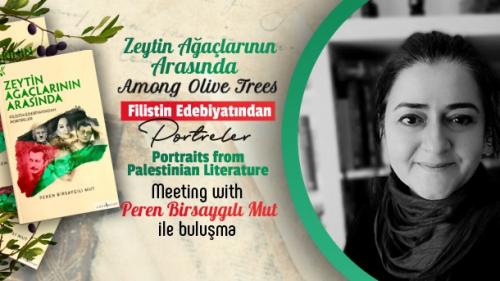
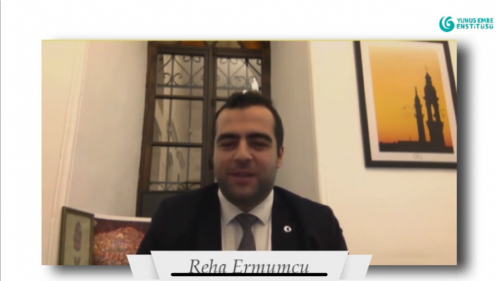
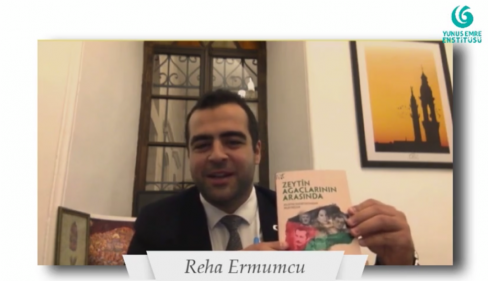
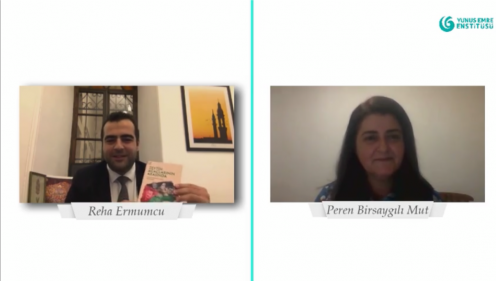
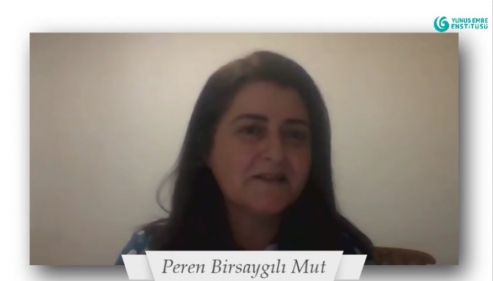





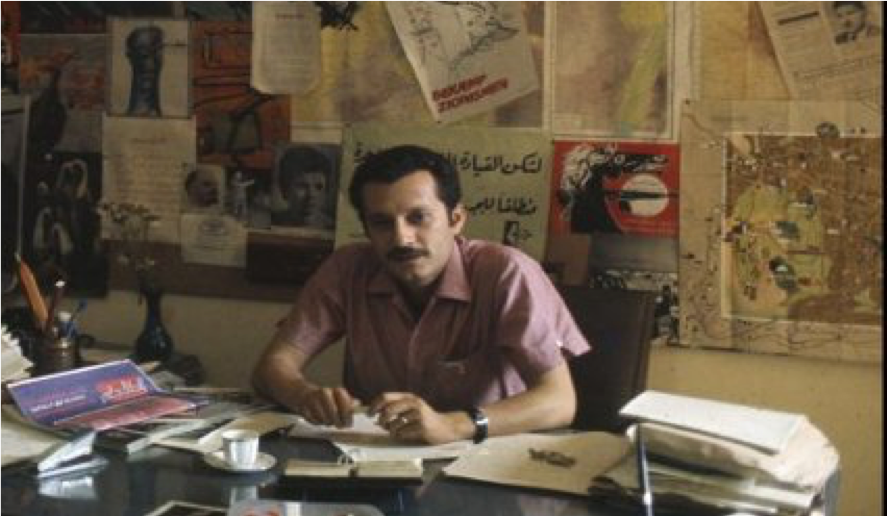
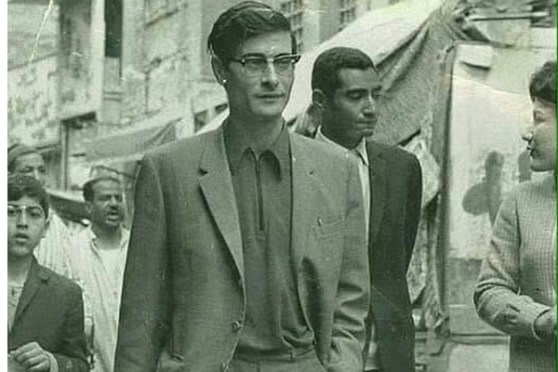 Mahmoud Darwish
Mahmoud Darwish